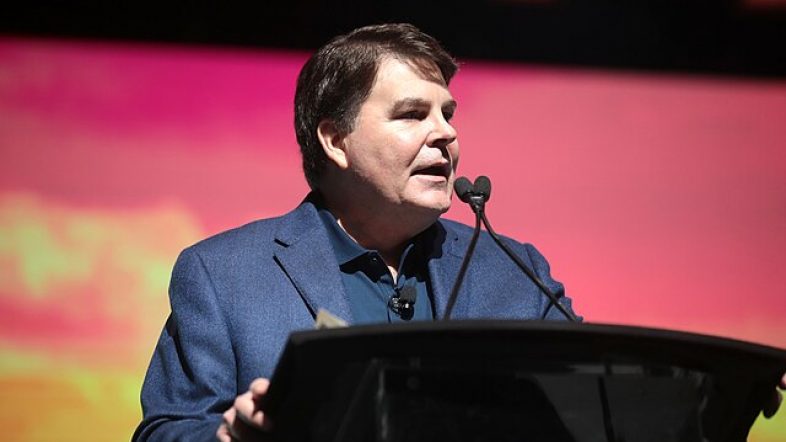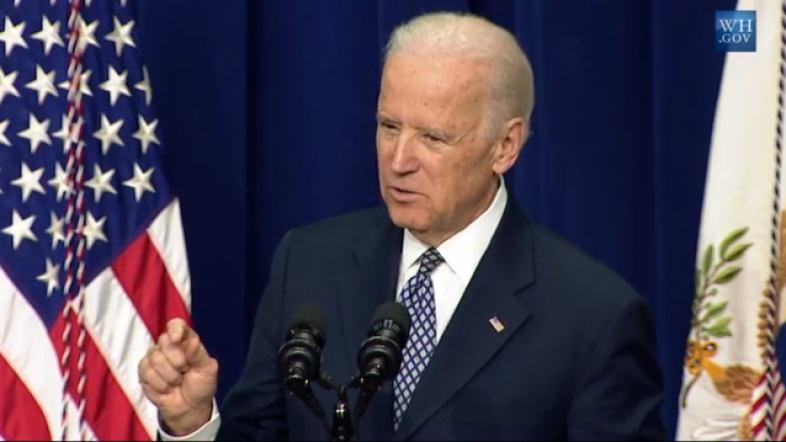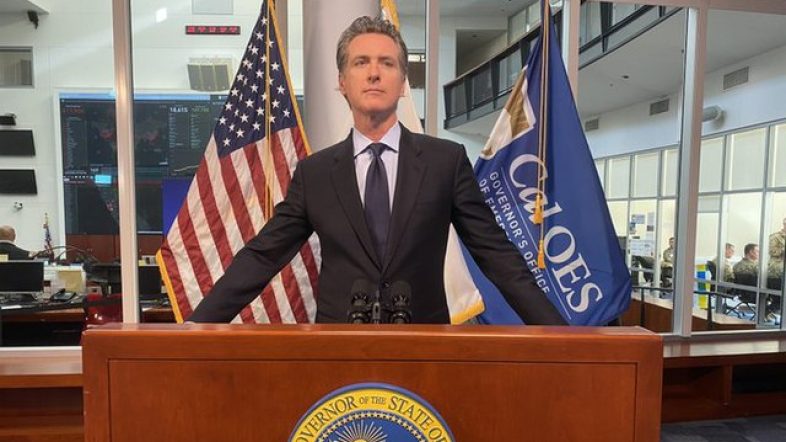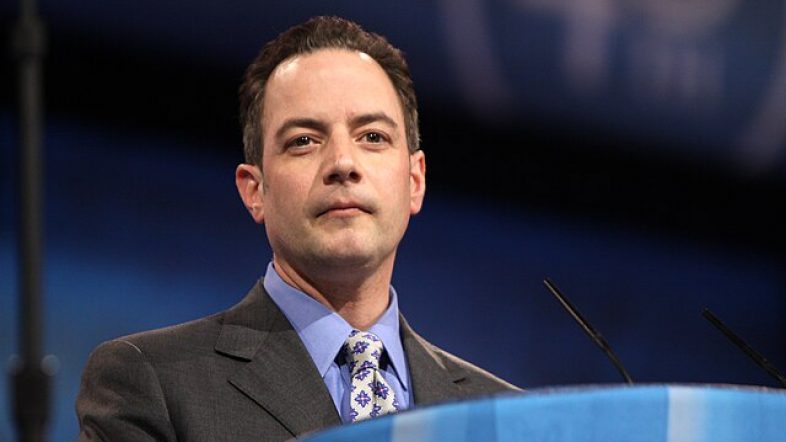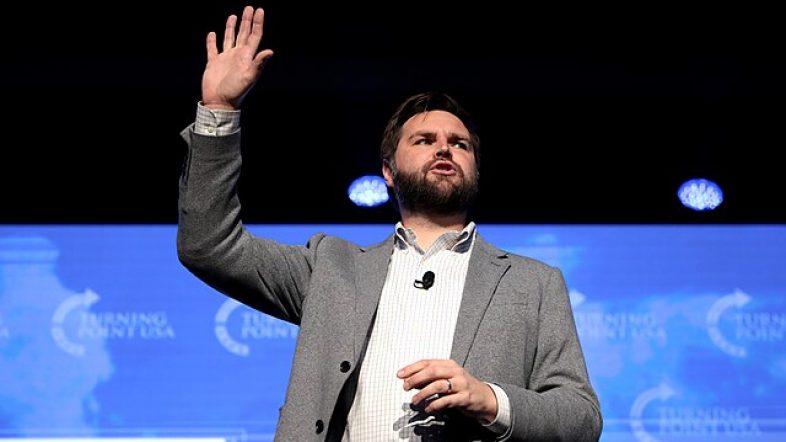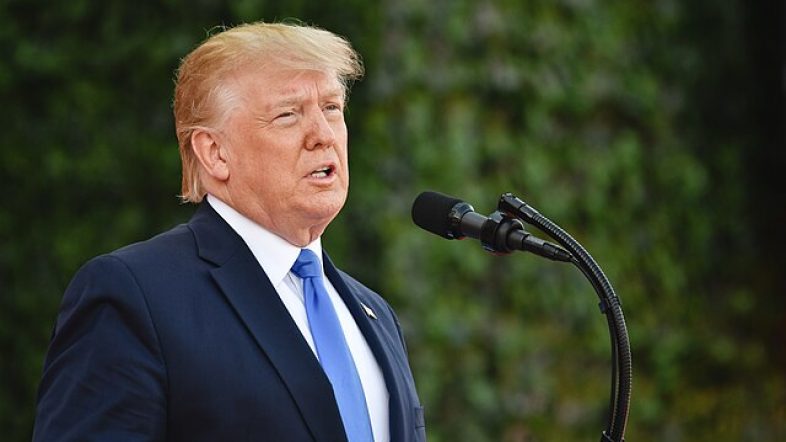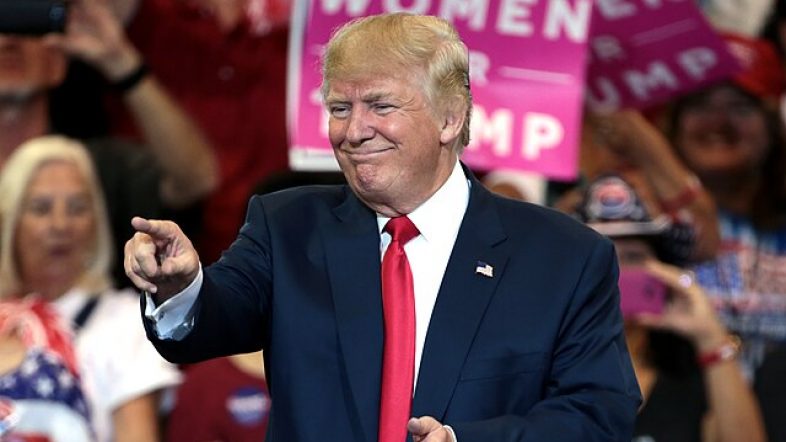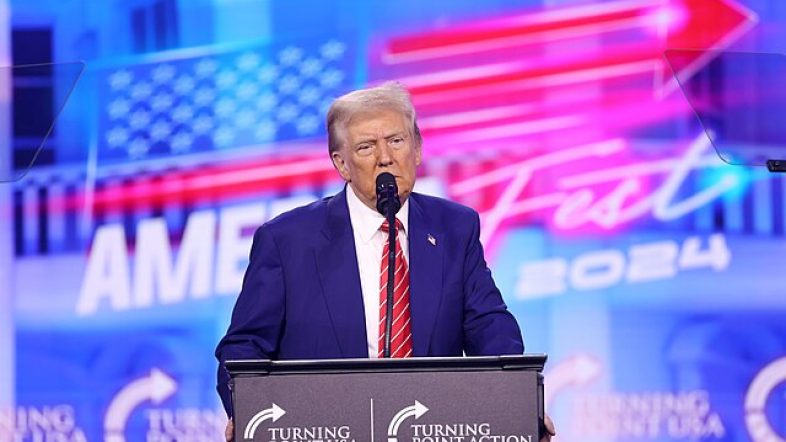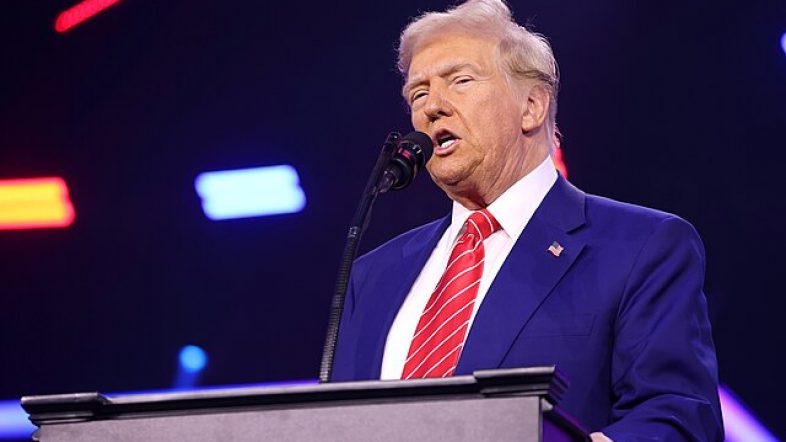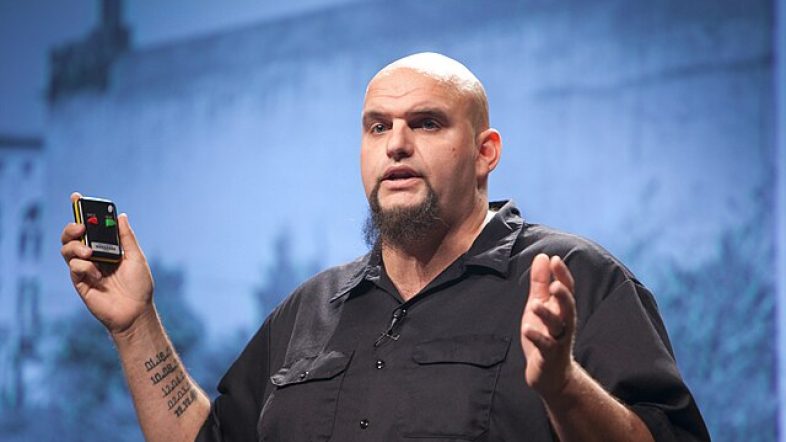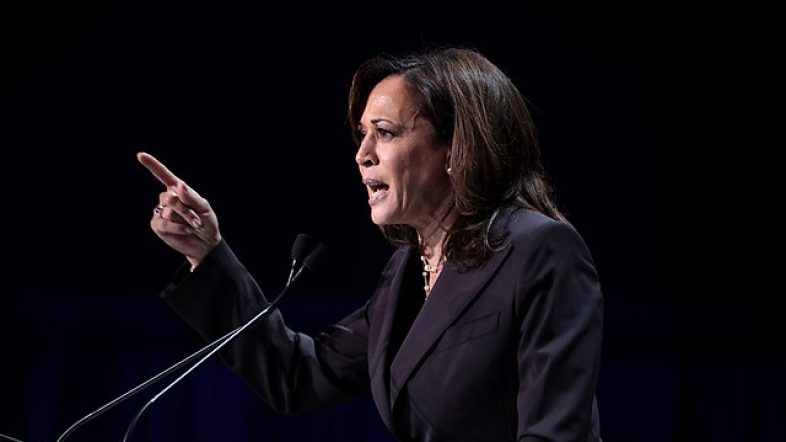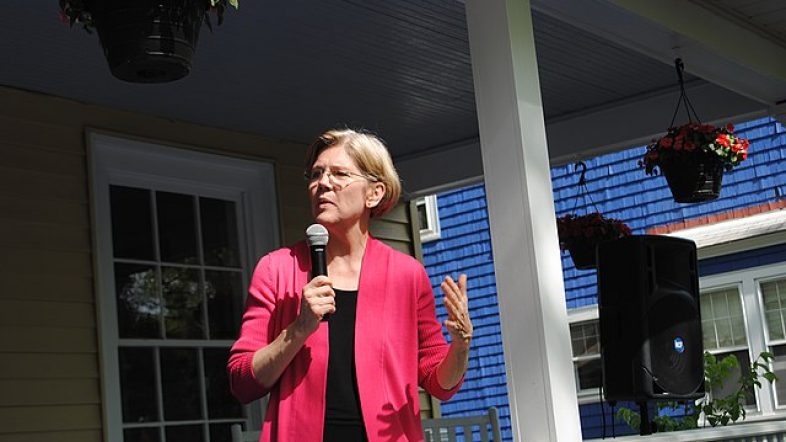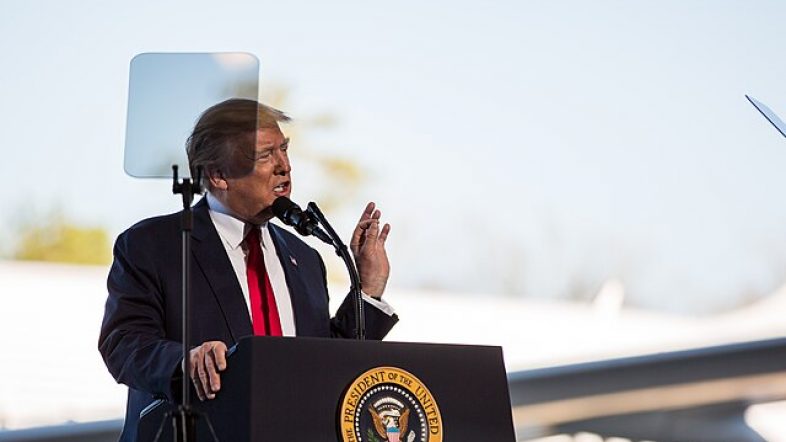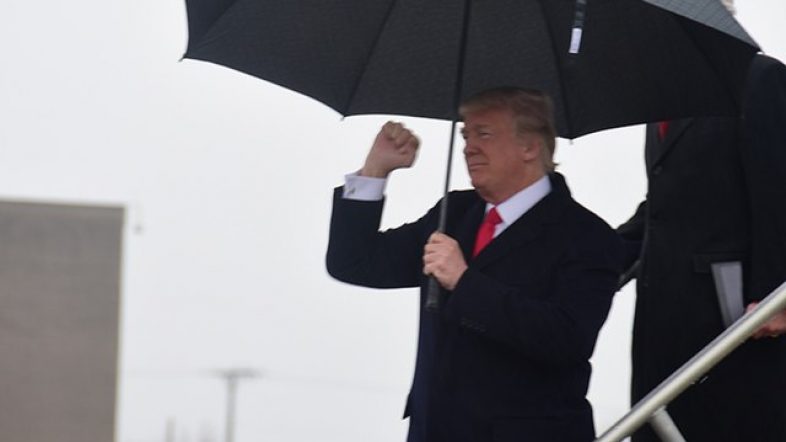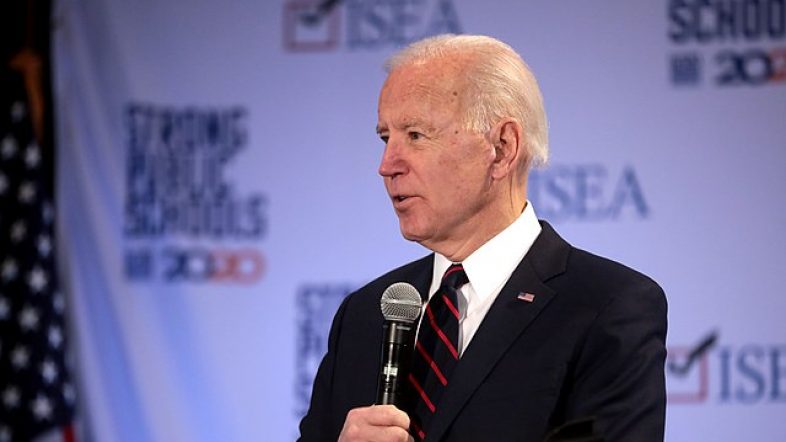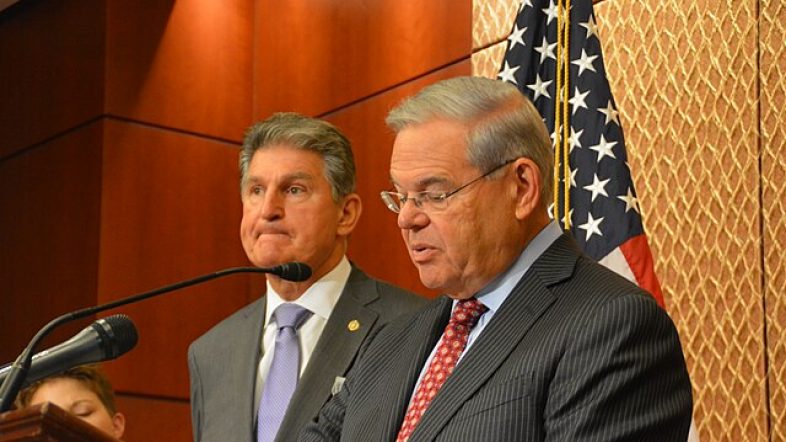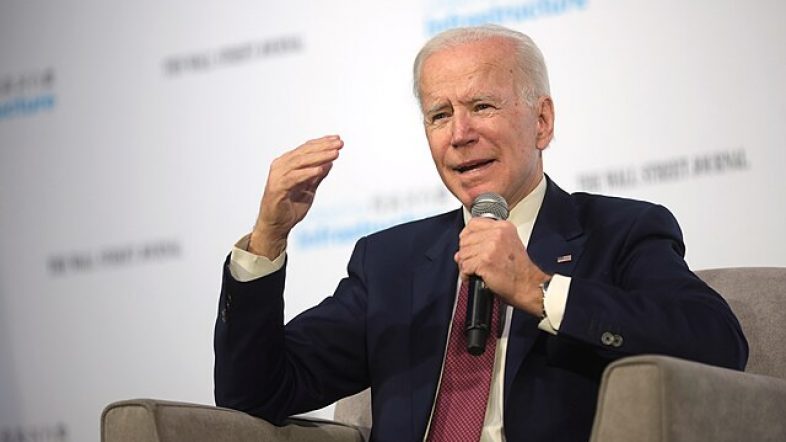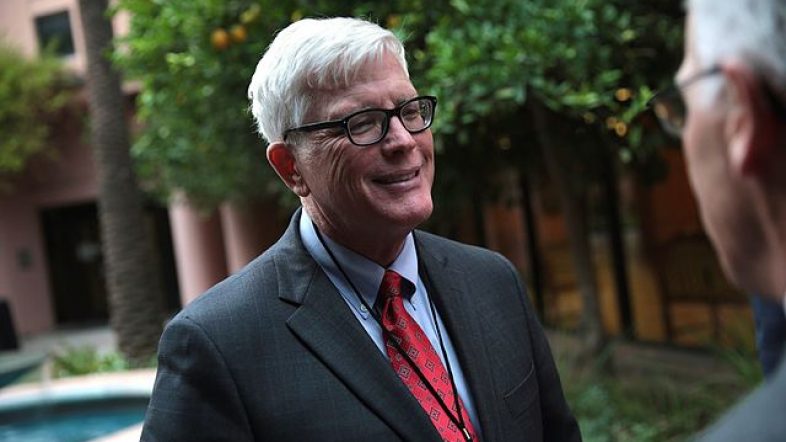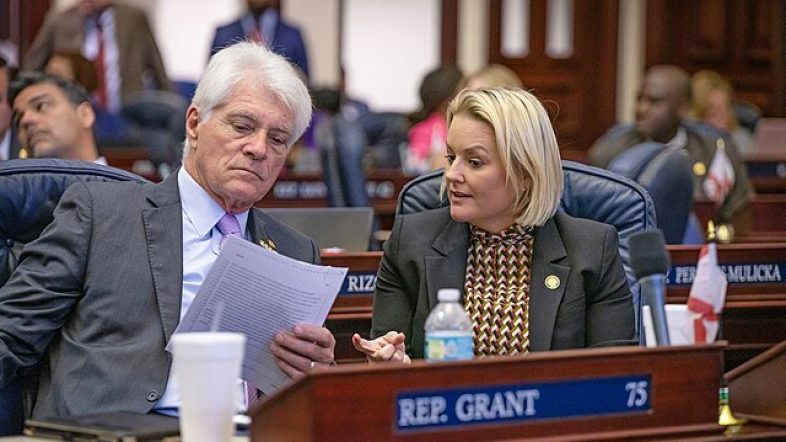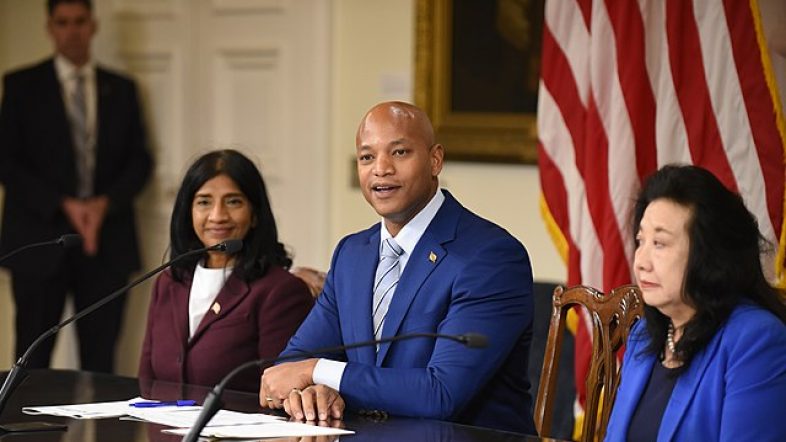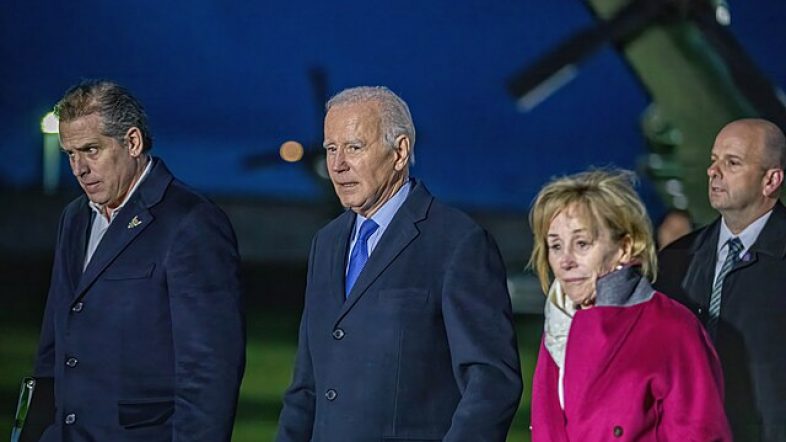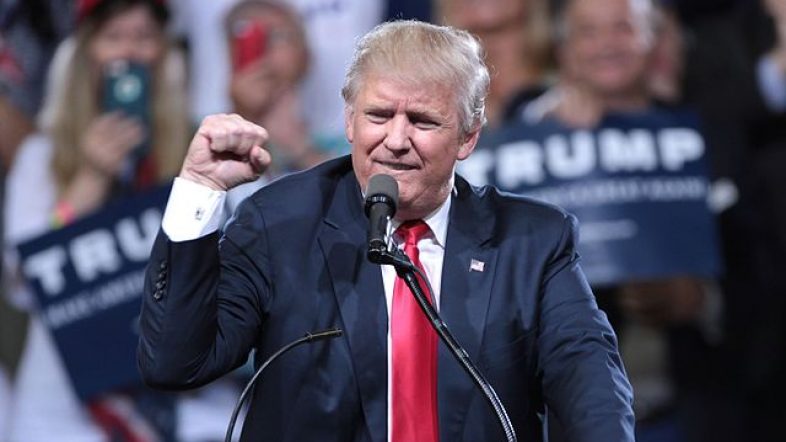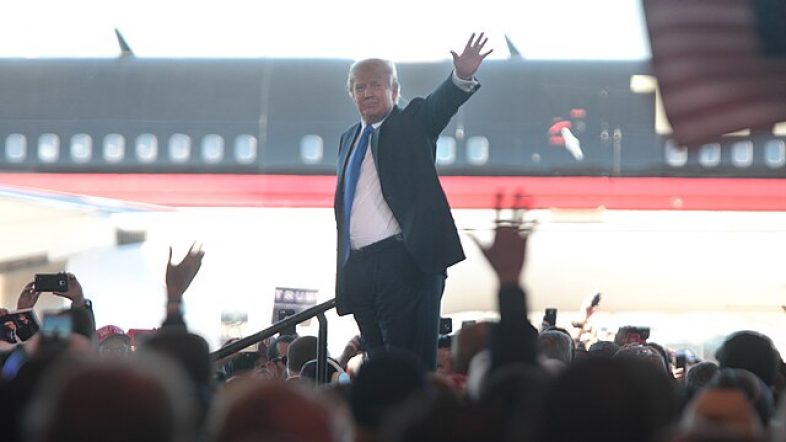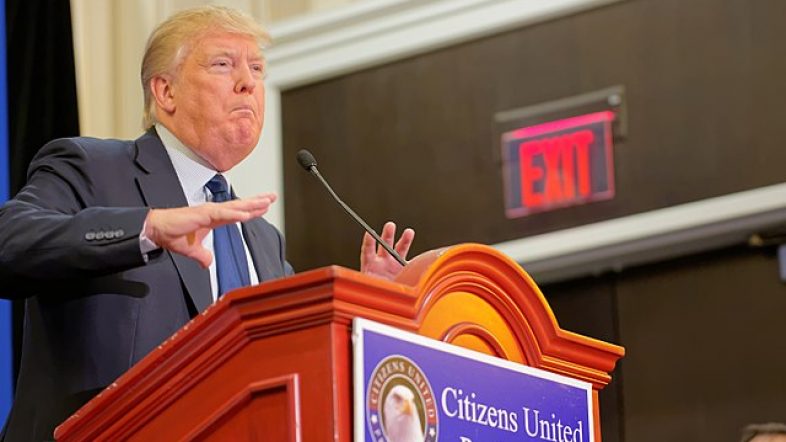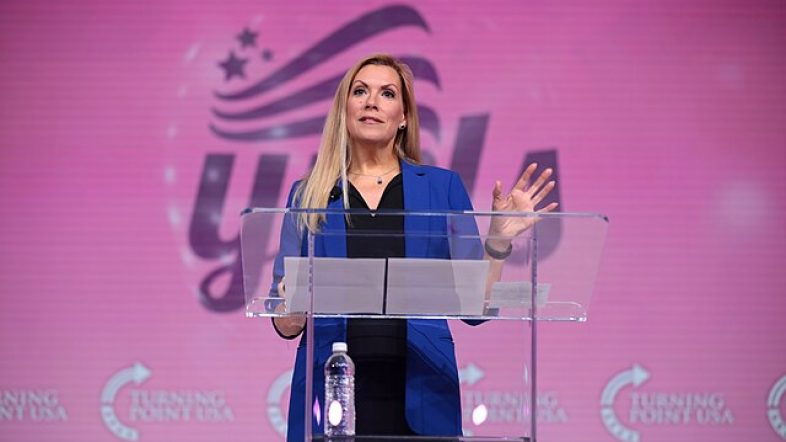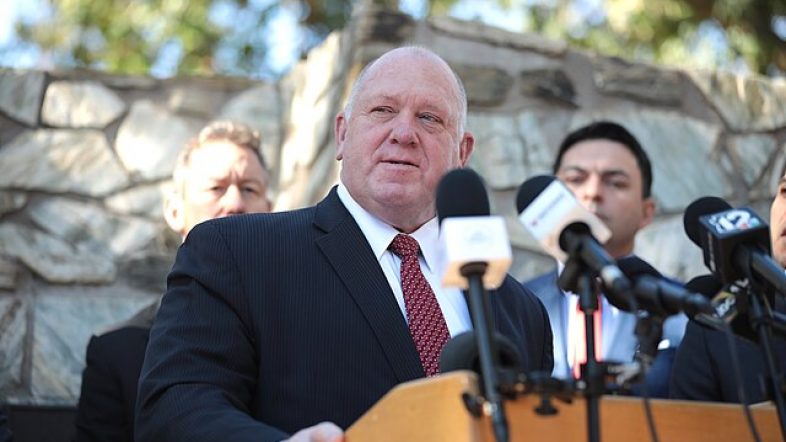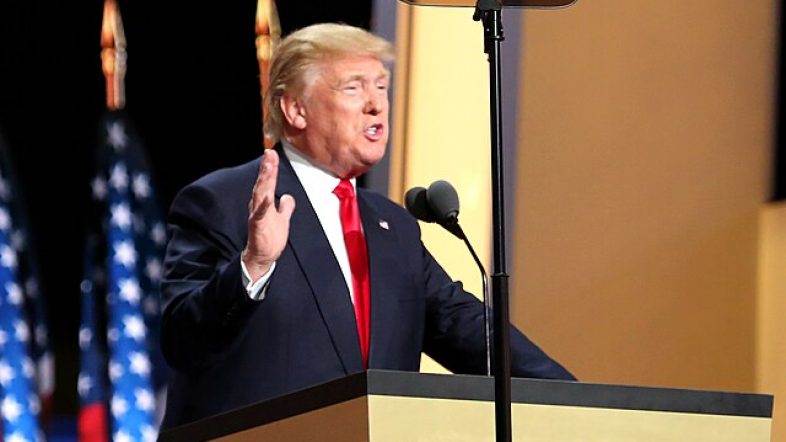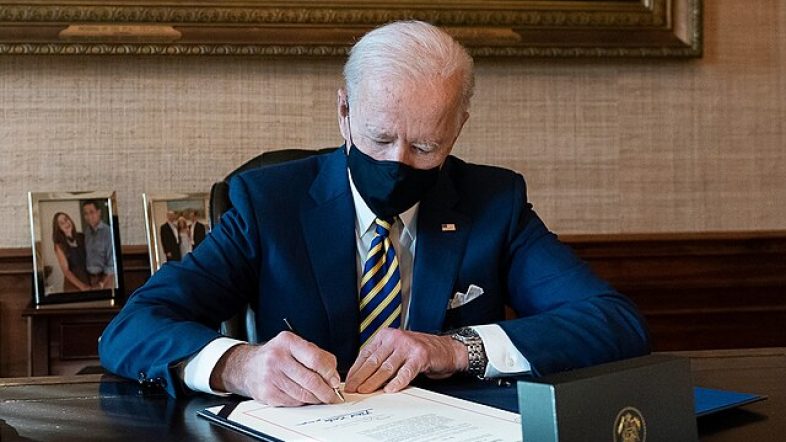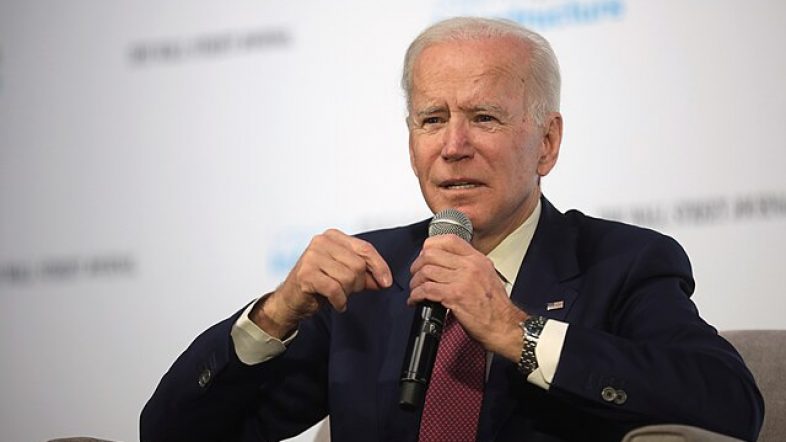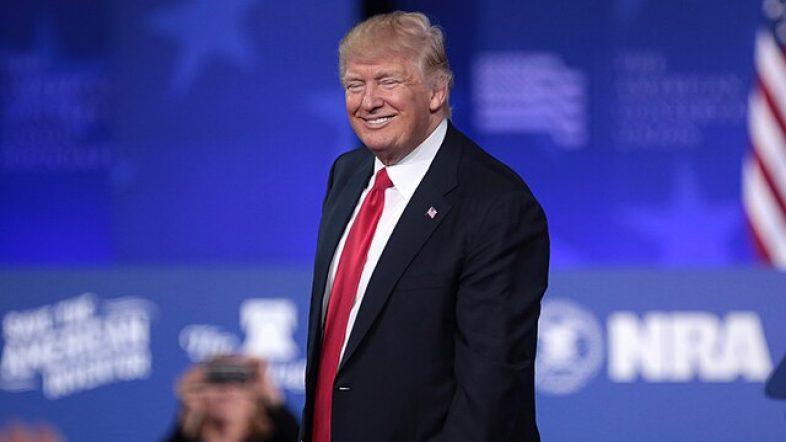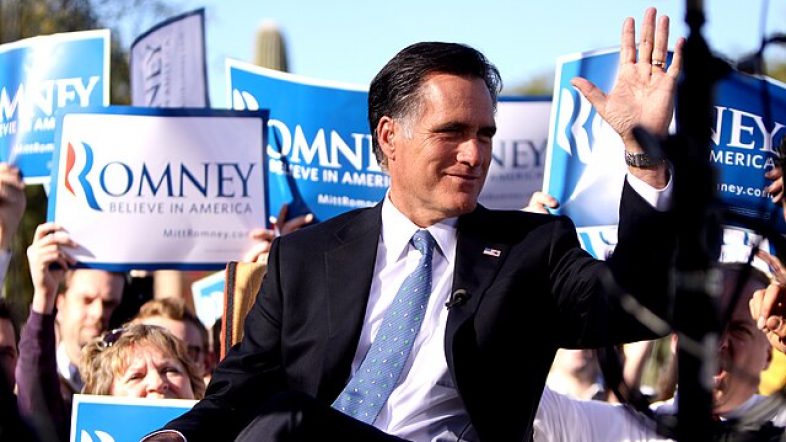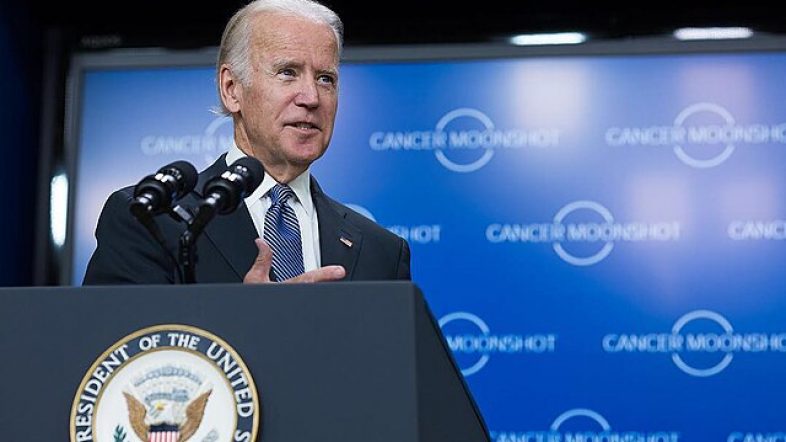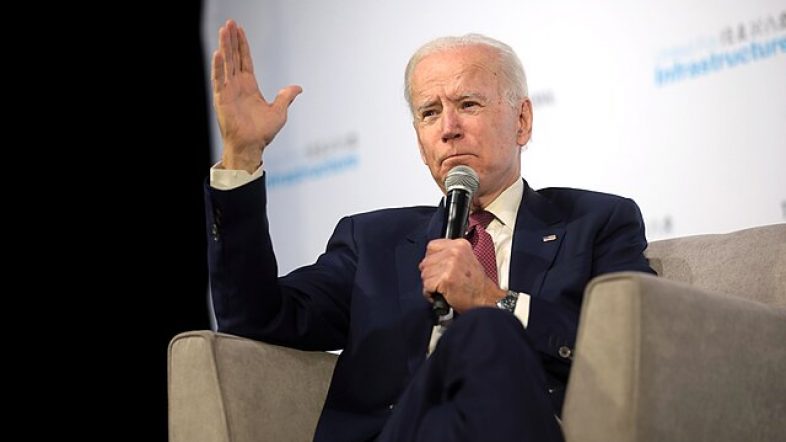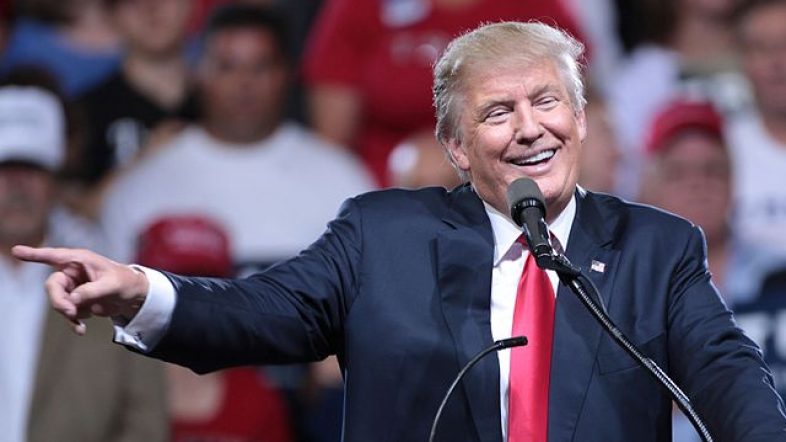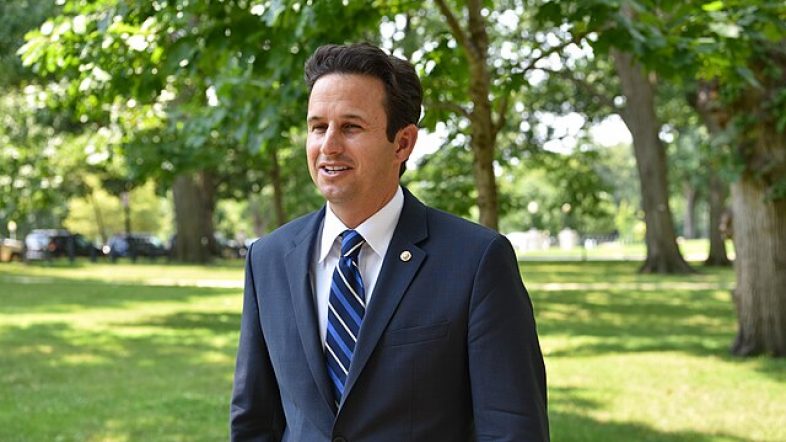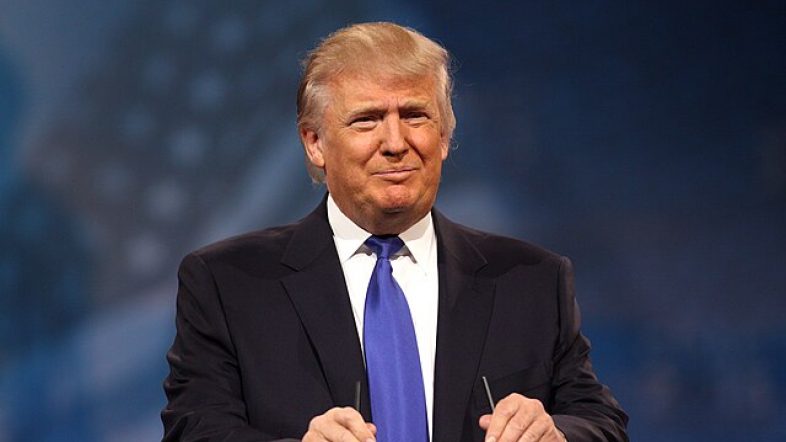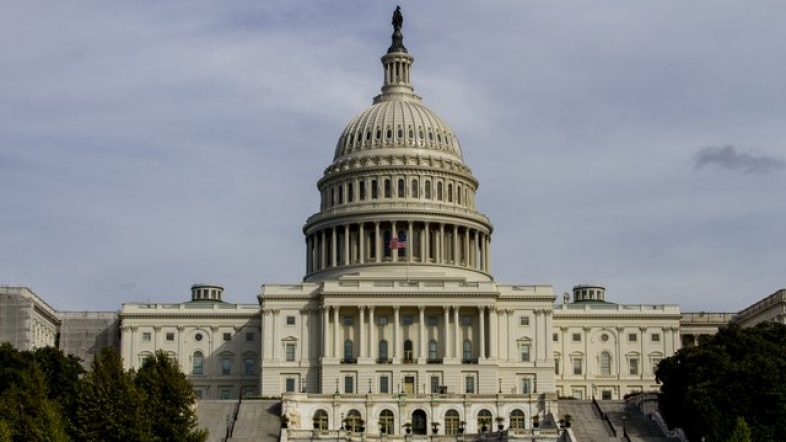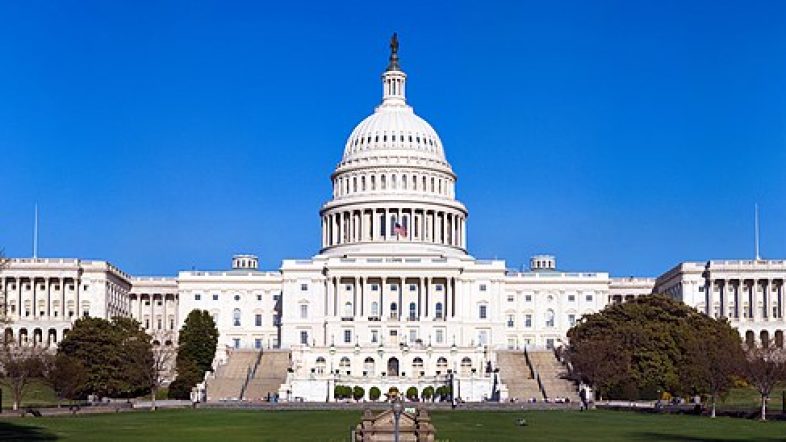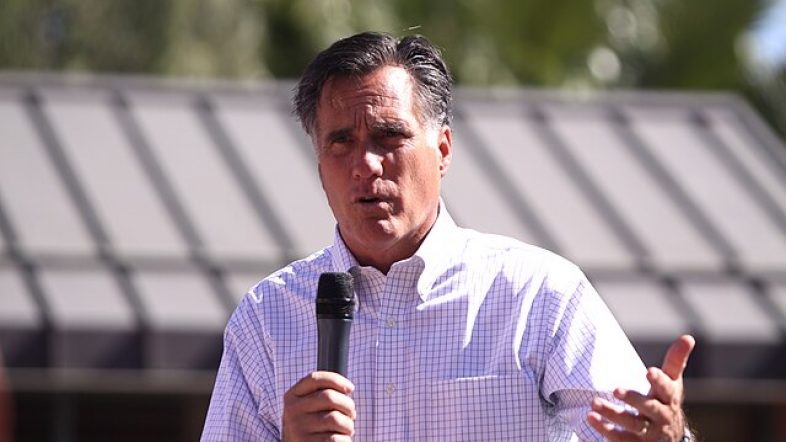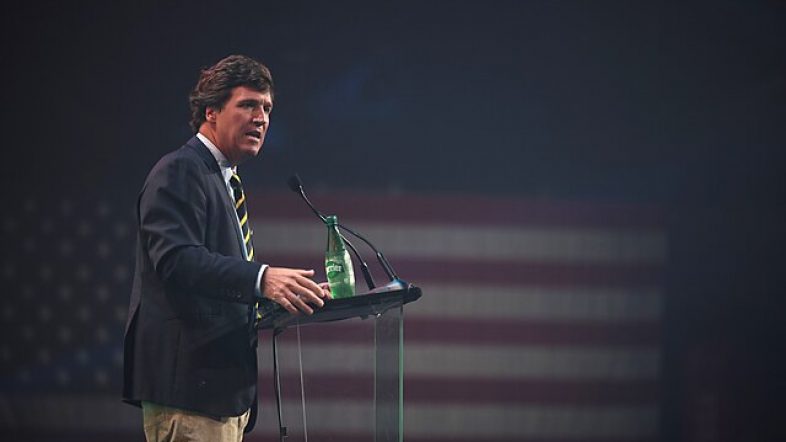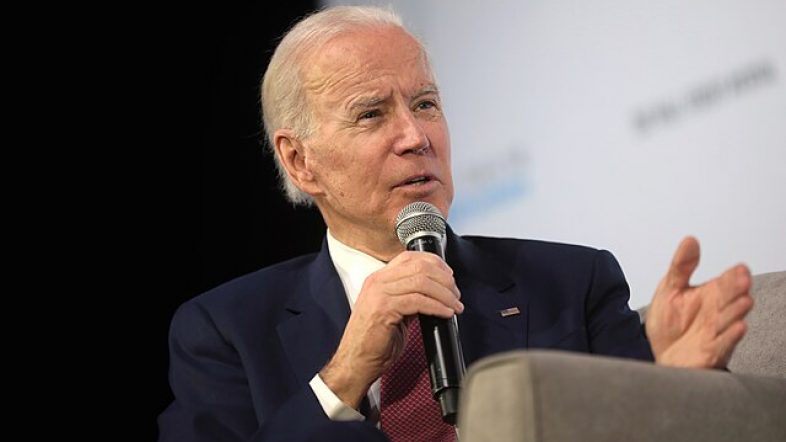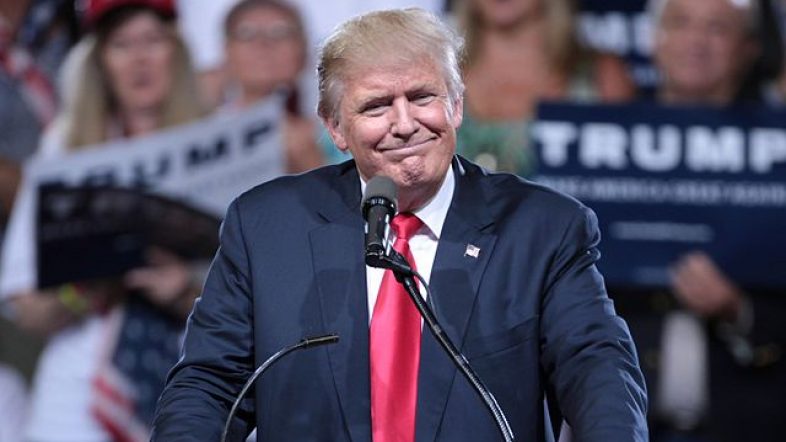President-elect Donald Trump’s new Department of Government Efficiency (DOGE) is wasting no time in laying the groundwork for its effort to cut the size and scope of government. That Elon Musk and Vivek Ramaswamy are the right men to lead this effort is beyond doubt — Musk famously slashed the workforce at Twitter after he bought it and Ramaswamy made shrinking the federal workforce the centerpiece of his campaign for president a year ago.
They know how to find cost savings, and they have shown they are not afraid to do so.
Visiting with congressional Republicans last week, Musk and Ramaswamy even declared they would be keeping a “naughty and nice” list of those who work with them to save taxpayer money and those who do not.
To that end — because who, especially at this time of year, doesn’t want to be on a “nice” list? — here are some thoughts.
First, they are going to have to look at the big picture. They won’t find the $2 trillion Musk pledged to save by focusing on the old standby, “waste, fraud, and abuse.” Yes, they are certainly going to find plenty of waste, fraud, and abuse in the Government Accountability Office (GAO) reports their staff will review, but that will not be enough.
To find the big savings, they are going to have to shrink not just the size of the federal government, but its scope. The federal government is not huge just because it spends money inefficiently, it is huge because it is doing things it has no business doing.
Second, they are going to have to take advantage of the fact that much of that huge government was never specifically authorized by the Congress. The federal behemoth was created by the mass of alphabet soup executive branch agencies that have for decades been imposing regulations that have the force of law, even though the Congress never approved them.
Reversing that is going to require taking a chain saw to federal regulations. And we will need a proportionally reduced federal workforce to match the reduced federal regulatory regime. That should not be a problem; huge numbers of federal employees still have not come back to work in their offices, even though the COVID-19 crisis ended years ago. The DOGE should recommend that any federal employee who refuses a directive to come back to work in the office should be terminated. That will save taxpayer money, too — a 10% cut in the federal workforce would yield about $40 billion in savings every year.
Third, recognize that to make permanent change, executive orders will not be enough — because executive orders can be reversed by the next president. Laws, on the other hand, can only be overturned with new action by the Congress and the president. That makes laws tougher to overturn.
One of the legislative changes that would serve the long-term interest in getting the federal government under control would be passage of the REINS Act, a proposed law that would require any federal agency that wanted to impose a new regulation that would have a significant impact on the economy to first gain approval from Congress in the form of an affirmative vote in both houses, and then the signature of the president. As I said when discussing this on my recent podcast with American Commitment’s Phil Kerpen, ‘Imagine that — Congress votes on something before it becomes law!”
A second legislative change that could help make a major difference would be reform of the civil service laws that govern the federal workforce. Musk and Ramaswamy are going to recommend significant elimination of positions in the federal workforce. Under the current system, it is significantly more difficult to remove employees than it is in the private sector — even employees who engage in insubordination or flagrantly breaking rules. And before you retort, “but the tradeoff they agree to, and that we must honor, is that civil service employees accept lower compensation in exchange for that greater job security,” a recent analysis by the Cato Institute shows that “the average federal civilian worker made $157,000 in wages and benefits in 2023, much higher than the average U.S. private sector wages and benefits of $94,000.”
Greater job security on top of higher compensation? That wasn’t the deal.
Rep. Barry Loudermilk (R-Ga.) introduced his MERIT Act in the last Congress. It was a proposed law that would have strengthened agency management’s power to remove poor employees, expedited timelines and made other reforms to bring the system closer to the private-sector model. Something along those lines could be extremely helpful as federal managers move to meet their reduced workforce needs.
The DOGE enterprise begins with broad public support — a recent poll conducted by McLaughlin & Associates for the organization I lead, Tea Party Patriots Action, shows that 71% of Americans support the creation of DOGE and 65% support firing government employees who do not return to their offices to work.
Musk and Ramaswamy have taken on a huge task, and they recognize the opportunity before them. By focusing on big-picture efforts to shrink the size and the scope of the federal government, they can help restore it to its constitutional moorings, with government officials in a smaller, less intrusive, less expensive government that is more responsive to the needs, desires, and authority of the citizens on whose behalf and in whose name they toil.




